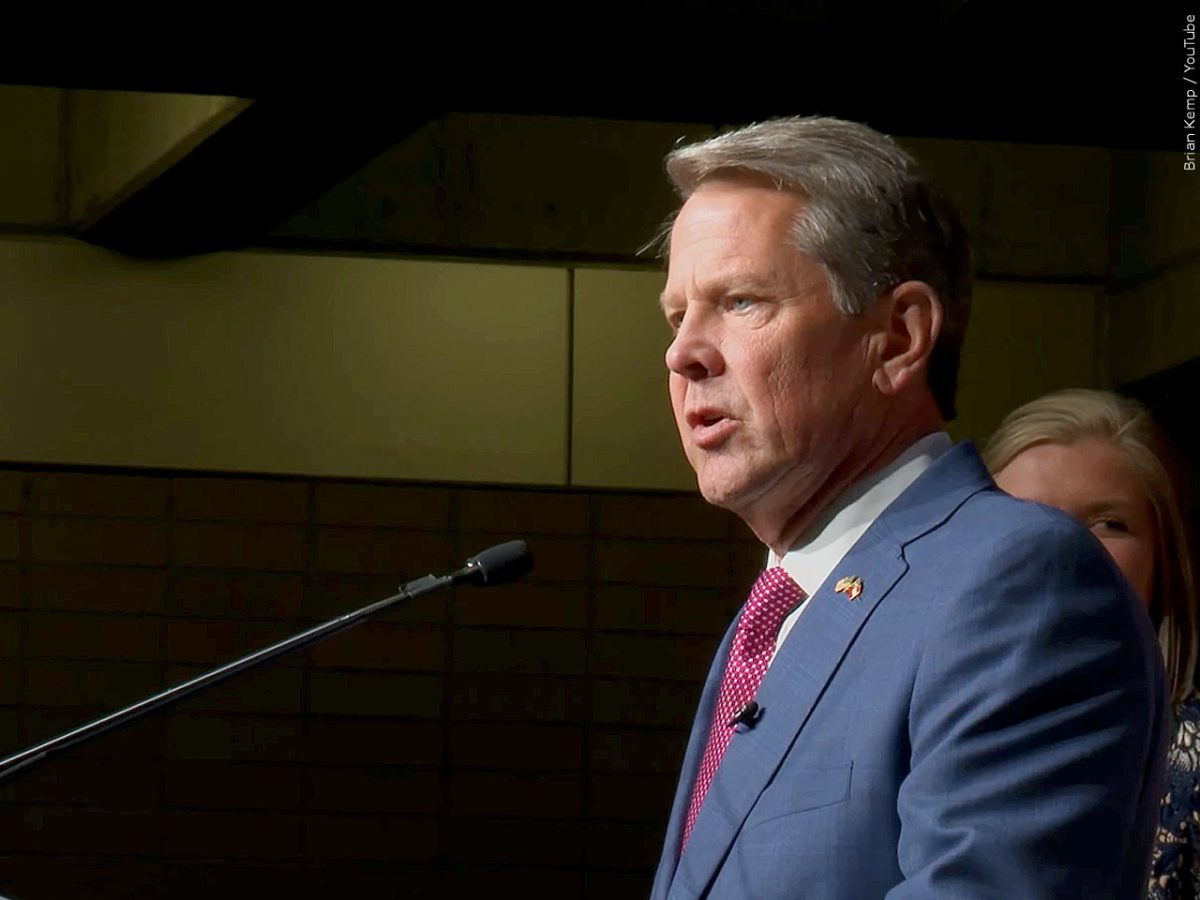Governor of Georgia Brian Kemp has received approval from Georgia’s House of Representatives to increase the current budget by $5 billion, in effect on June 30. The added spending will go toward road construction and new roads, dental and medical schools and bonuses for state teachers and employees. The bill has gone to the Senate as of Wednesday, February 7.
“It seems like Kemp has really thought through his plans on where and how much money is going to which project,” said Ayesha Kapadia, a junior nursing major. “I think this money will help Georgia in the long run, and the Senate will approve.”
With Kemp’s plans in mind, the House voted 161-2 to pass the bill. When Kemp proposed the boost in January, the current outlays were made clear, as Georgia has been holding spending far below the collection in revenue. With a $5 billion boost, the current state spending will push to $37.5 billion, not including federal aid and college spending. This includes the cost of financial aid, tuition, fines and fees. These factors will push state spending to $67.5 billion.
“My first impression left me believing that Kemp planned to use $5 billion just for roads, which I thought was absurd,” said Addie Robinson, a sophomore sociology major. “After further discussion, I support this bill, and I was intrigued by the budget set for Georgia prisons along with the dental and medical schools.”
Kemp has many plans to improve prisons, which are approved by the House of Representatives, including $451 million to spend on a new prison in Washington County. Kemp plans to use this large budget to include technology in the prisons, hoping it will prevent contraband cell phones.
Prisoners using contraband cell phones have been an ongoing issue in the past. These contraband phones have allowed prisoners to continue illegal schemes from within the prisons, such as arranging murders and controlling drug deals. With money for modern technology, officers will be able to identify contraband phones, with hopes of preventing prisoners from orchestrating crimes outside the prison.
The House of Representatives also approves the budget of $178 million for a dental school at Georgia Southern University and $50 million for a medical school at the University of Georgia. This will not be finalized until March, when lawmakers will vote on the upcoming budget.
Last December, Kemp ordered bonuses to state employees and teachers. The plan includes $315 million toward bonuses and a proposed pay raise beginning July 1. This will also be finalized in March.
“Teachers run the world and should be treated as such,” said Sydney Auriemma, a sophomore mass communication major. “I think raising state, university and public school teachers’ salaries is a much-needed payment.”
With infrastructure being one of Kemp’s primary concerns, a large piece of the budget has been set aside for road repairs. A proposed $200 million increase was allocated by the House of Representatives for road and bridge aid in cities. This will benefit travel conditions and complete the projects that have already begun.
“I think that having roadwork done will ultimately help Georgia,” said Greer Harper, a sophomore mass communication major. “However, I do not think it is the most necessary thing that our state needs at the moment. I think the money should go to something else for the time being, but I would not be surprised if the Senate passes this budget increase.”
The revenue estimate that Kemp set is lower than the actual amount to be collected this year. This is due to surplus cash, which leaves room for a boost larger than $5 billion. Lawmakers cannot spend more than estimated. They can only rearrange or cut Kemp’s proposed spending.


